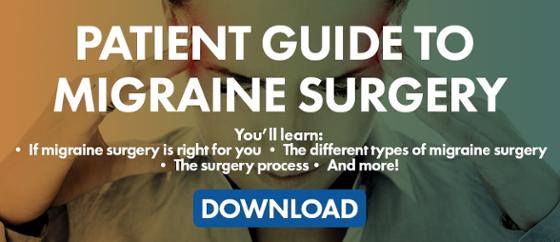
A recent case reviewed by the United States Equal Employment Opportunity Commission (EEOC) involves employees from a national auto parts retailer who claim that their boss did not accommodate their requests to accommodate their health conditions; specifically, a herniated disc and chronic migraines. What makes this alleged violation of the Americans with Disabilities Act (ADA) interesting is that the health conditions of the complaining employees are often related to each other. After all, pinched nerves, bulging discs and other spinal conditions have been associated with different types of headaches; however, there is evidence of misdiagnosis in this regard.
Understanding Cervical Disc Hernias
Cervical discs are essentially shock-absorbing organs located in between neck vertebrae. They have a major role in neck and spine functionality and health: They balance the combined weight of cranium and brain matter while making range of motion possible for the vertebrae. Cervical discs are contained by ligaments in a space known as the annulus.
Cervical discs can become herniated when the annulus tears and leaves a space in between ligaments for the discs to escape. Most herniated discs occur through sports injuries, although the ligaments are subject to daily wear and tear that begins to debilitate them as early as the age of 30.
The pain caused by herniated discs does not always start at the neck. In fact, most patients report feeling pain that radiates from their shoulders down to their arms. Numbness and tingling sensations are not uncommon, which is one of the reasons some patients may feel as if disc hernias trigger painful migraine episodes.
Herniated Discs and Migraines
Many patients who suffer cervical disc injuries often report getting headaches, particularly if their conditions merit invasive procedures such as epidural blocks and neurosurgery. In some cases, the headache symptoms mirror those of migraines, but this may not always be the case.
When headaches are believed to be caused by neck pain, they are known as cervicogenic. This is especially the case with patients whose herniated discs are located at the C1-C3 spaces. Since the pain originates at a spot that is located very close to the trigeminal nerve, it is very possible for many patients to experience pain that radiates upward to their occipital and facial regions. These headaches can be conflated with migraines.
Pain management specialists can perform diagnostic nerve blocks to determine if headaches are cervicogenic or related to migraine conditions. A man in his 40s who has never experienced migraine symptoms before is more likely to suffer from herniated discs. A young woman, however, can be experiencing stress that triggers migraine episodes.
In the end, it may come down to herniated disc pain as a stressor and a trigger of migraine headaches. Chronic migraine patients who have the following conditions are more likely to suffer headaches due to bulging discs:
- Visual auras
- Recurring episodes that become manifest more than twice a month
- Nausea
Neck injuries may cause tension headaches, but they are not likely to create migraines in patients who have never experienced episodes before.


